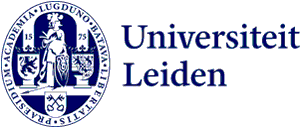'Rutte cannot fully hide behind indirect responsibility'
On Friday 15 January, the Dutch ‘Rutte III’ government resigned following the scathing report on the childcare benefits scandal. What are the political consequences?

One of the most pressing questions following the government’s resignation is whether this outgoing cabinet can still combat Covid-19. 'Yes, I believe so’ says Professor of Constitutional and Administrative Law Wim Voermans in Dutch television news programme EenVandaag. 'It won’t be a problem for that area of government policy. This is a medical emergency. Outgoing cabinets must be able to deal with emergency situations.’
A second issue is whether Mark Rutte can remain the leading candidate of the VVD party, while Lodewijk Asscher stepped down as leader of the PvdA party in response to the criticism of his role in the child benefits scandal. Rutte says that as prime minister he is indirectly responsible for the policy of his ministers and state secretaries. 'Our constitution states that ministers and state secretaries are first in line when it comes to political responsibility’ says Voermans. 'However, the prime minister coordinates policy. From a legal perspective, Rutte does indeed stand above. But in this case – in terms of substance – he was certainly involved. He also said that himself at the press conference. On that point, therefore, he cannot fully hide behind constitutional rules.'
